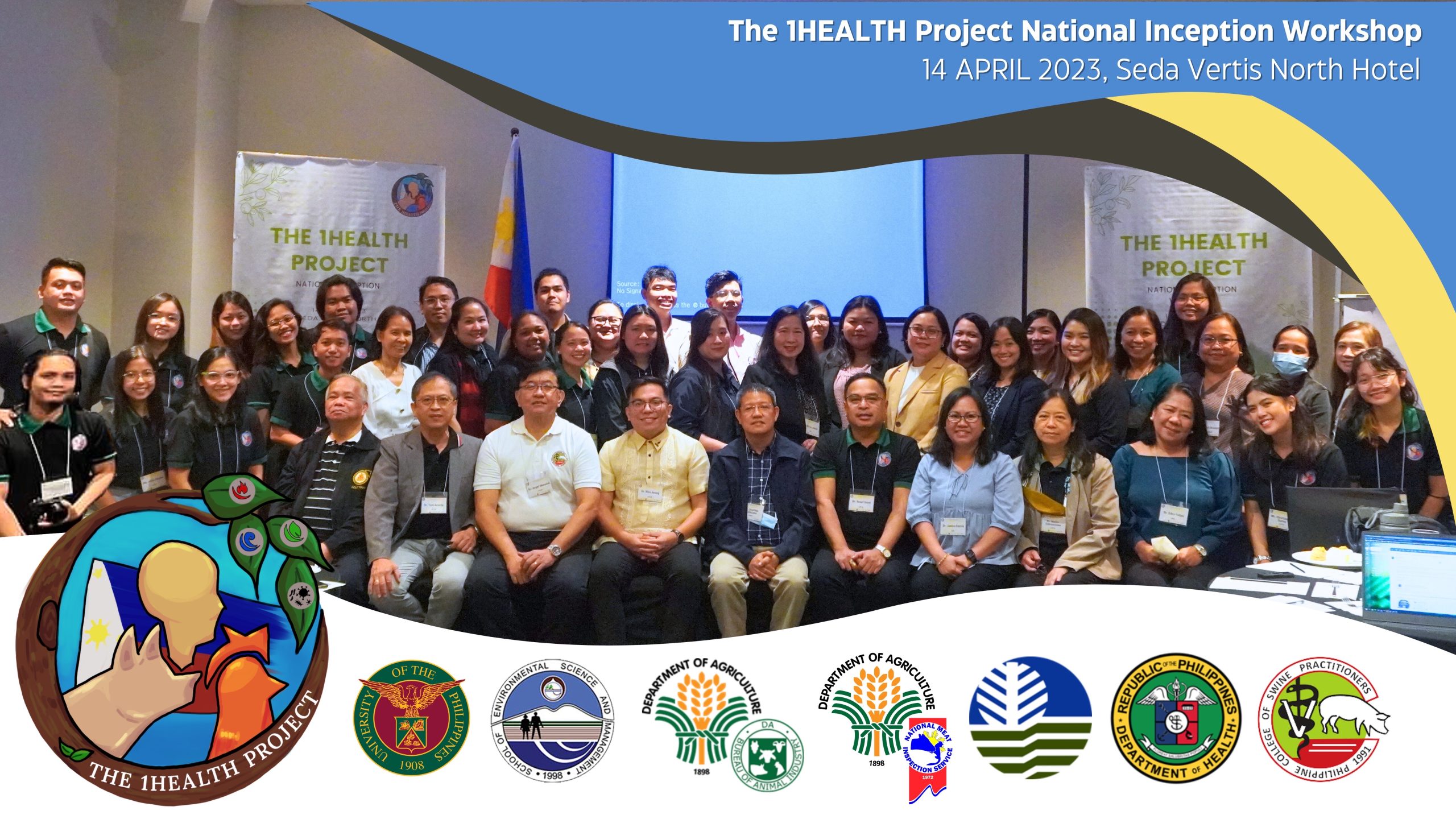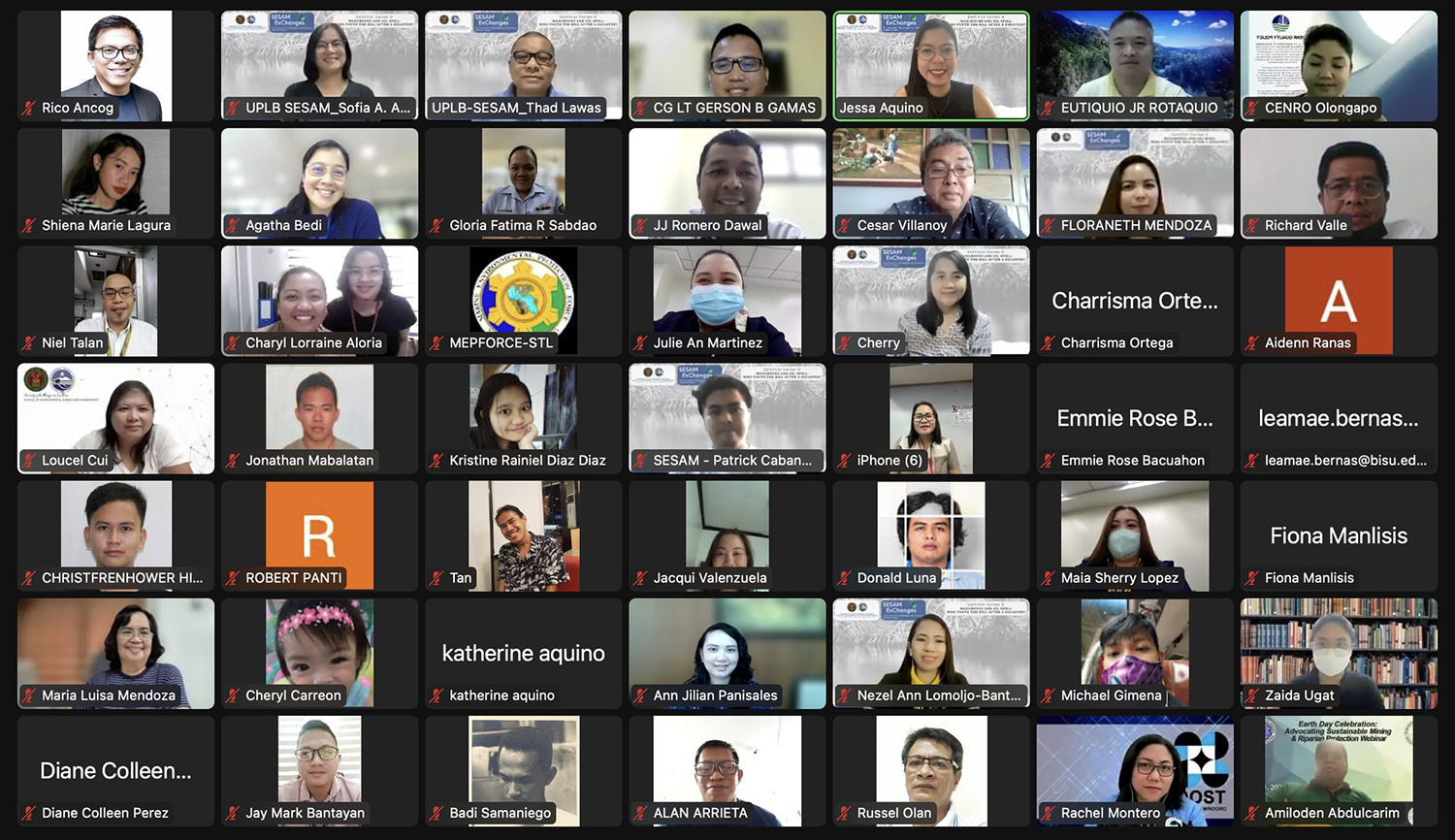
UPLB-SESAM holds the National Inception Workshop for The 1HEALTH Project on African Swine Fever, Avian Influenza, and Antimicrobial Resistance Surveillance
28 April 2023The School for Environmental Science and Management, University of the Philippines Los Baños (UPLB-SESAM), together with the Bureau of Animal…
Mindoro oil spill discussed in the latest SESAM ExChanges highlighting some ways forward
28 April 2023The School of Environmental Science and Management-University of the Philippines Los Baños (SESAM-UPLB) through its Continuing Education and Training Division…




